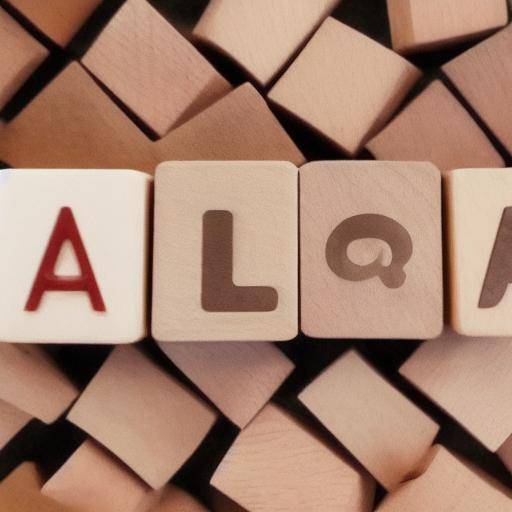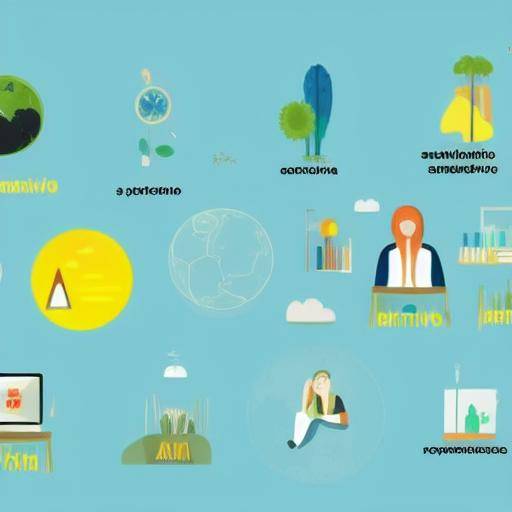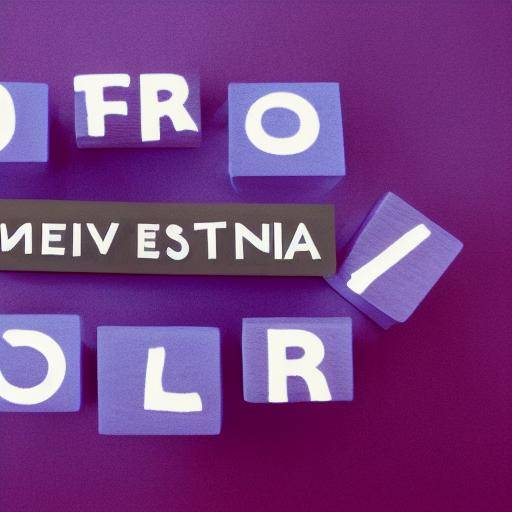
Gratitude is a powerful emotion that can have a significant impact on our mental health and emotional well-being. In this article, we will explore in depth how the practice of gratitude can positively influence our attitude towards life, our mental and emotional health, and how we can effectively incorporate it into our daily lives. We will discover the importance of gratitude, from its historical origins to its relevance in modern society, and provide practical advice backed by experts.
Introduction
Gratitude, defined as the recognition of goodness and appreciation for the things we possess and the people around us, has been valued over the centuries in various cultures and traditions. Its positive impact on mental health and emotional well-being has been the subject of growing interest in the scientific and psychological community. By practicing gratitude, we can cultivate a positive attitude towards life and transform our daily perception.
History and Background
Gratitude, rooted in the philosophy and spirituality of many ancient cultures, has been regarded as a fundamental virtue for a full life. From the teachings of Buddhism to Western philosophical traditions, gratitude has been promoted as an essential principle for human well-being. Throughout history, prominent figures have praised the practice of gratitude, recognizing its power to generate emotional harmony and psychological strength.
The concept of gratitude has evolved over time, and its relevance in the modern era has been validated by scientific research that supports its positive effects on mental health. At present, gratitude is studied as a powerful tool to improve the quality of life, strengthen interpersonal relationships and cultivate a positive and resilient attitude.
Analysis in Deep
The practice of gratitude has shown countless benefits for mental health and emotional well-being. Scientific studies support their ability to reduce stress, increase the sense of happiness and foster emotional resilience in times of adversity. Gratitude has also been linked to greater satisfaction with life and an optimistic view of the future.
Despite these benefits, the incorporation of gratitude into everyday life can present challenges. Changing our perspective towards a grateful mentality requires practice and commitment. However, effective strategies and approaches exist to sustainably cultivate gratitude, which can generate a significant impact on our long-term mental health and emotional well-being.
Comprehensive review
In exploring the practical application of gratitude, it is essential to consider the various techniques and tools that can foster their effective development. From writing a daily of thanks to practicing meditation of gratitude, there are multiple approaches that can be adapted to individual preferences and needs. Understanding how to apply gratitude in everyday and challenging situations is key to maximizing your benefits.
In addition, it is important to consider the perspectives of experts in the field of positive psychology and emotional well-being, who offer valuable knowledge about the integration of gratitude in therapy and self-care. By analyzing research-backed best practices, we can learn to meaningfully incorporate gratitude into our lives and experience their transformative effects on our mental health.
Comparative analysis
By comparing gratitude to emotional well-being and positive attitude, we can identify areas of convergence and distinction that offer a more complete understanding of their interrelationship. While emotional well-being encompasses a broad spectrum that includes managing emotions and satisfaction with life, gratitude emerges as a key factor that can strengthen and enrich this dimension.
On the other hand, the positive attitude, based on the optimistic mentality and resilience to the challenges, finds in gratitude a fundamental pillar that sustains its transformative power. Recognizing the similarities and differences between these concepts allows us to integrate them in a synergistic way, thus enhancing their impact on our mental health and emotional well-being.
Practical Tips and Accessible Recommendations
To effectively incorporate gratitude into our lives, it is crucial to have concrete strategies and practical advice supported by positive psychology. From the practice of full attention focused on gratitude to the establishment of daily rituals of thanksgiving, there are many ways to cultivate this transformative quality. By adopting habits that encourage gratitude, we can experience significant changes in our mental and emotional health.
- Gratitude Journal: Book a few minutes each day to write three things you feel grateful for. This can help focus attention on positive aspects of life.
- Mindfulness Practice: Give time to meditation of gratitude, allowing yourself to focus on experiences that generate appreciation and well-being.
- Expression of Acknowledgement: Recognize and actively thank people who have had a positive impact on their lives. The open expression of gratitude strengthens human connections and generates positive emotions.
- Focus on Positive: Cultivate a positive-oriented mentality, recognizing blessings and lessons in each situation.
Perceptions of Industry Experts and Perspectives
Experts in psychology, emotional well-being and personal development offer valuable insights on integrating gratitude into everyday life. Their informed views and practical approaches broaden our understanding of how gratitude can influence our mental health and emotional well-being. By incorporating your knowledge, we can enrich our ability to apply gratitude in a meaningful and transformative way.
Case Studies and Practical Applications
Reviewing real cases and practical applications of gratitude within different contexts offers a concrete view of their impact on people's lives. From working environments to family environments, testimonies and shared experiences reveal how gratitude can be a driving force for positive change. Analyzing the results and lessons derived from these practical applications offers us valuable insights on how to integrate gratitude significantly in various areas of our lives.
Future Trends and Predictions
As awareness of the importance of gratitude in mental health and emotional well-being continues to grow, emerging trends and opportunities are seen. The integration of gratitude into educational environments, in the professional sphere and in medical care promises to open new avenues for their application and understanding. Similarly, ongoing research and the evolution of positive psychology offer a vision of possible future directions in the field of gratitude and its influence on our mental health.
Conclusions
In short, gratitude has a significant impact on mental health and emotional well-being, a powerful tool for cultivating a positive and resilient attitude to life. By integrating gratitude as a fundamental part of our daily life, we can experience a profound transformation in our perception and in our quality of life.
Frequently asked questions
How can I practice gratitude daily?
The daily practice of gratitude can take various forms, such as carrying a daily of thanksgiving, expressing gratitude to others actively and cultivating a positive-oriented mentality.
Does gratitude have measurable benefits for mental health?
Yes, many studies have shown that the practice of gratitude is associated with a reduction of stress, greater satisfaction with life, and a more optimistic view of the future, which contributes positively to mental health and emotional well-being.
Can gratitude help overcome difficult situations?
Yes, gratitude can promote emotional resilience and the ability to face challenges by focusing on positive aspects and available resources, which can facilitate overcoming difficult situations.
What is the difference between gratitude and optimism?
While gratitude and optimism share positive aspects, gratitude focuses on recognition and appreciation for what is available, while optimism relates to the positive mentality towards the future and confidence in positive results.
How can I teach my children to practice gratitude?
Fostering gratitude in children can include activities such as expressing gratitude for the acts considered, focusing on the positive in difficult times and modeling the practice of gratitude in everyday life.
Are there techniques of meditation of gratitude that can be useful?
Gratitude meditation can be practiced through focusing on comforting thoughts or experiences, developing on feelings of gratitude and recognizing positive aspects of life.
Can gratitude have an impact on interpersonal relationships?
Yes, the expression of gratitude can strengthen human connections, promote empathy and generate positive emotions, which contributes to healthy and satisfying relationships.
By incorporating gratitude into our daily lives, we can nurture our mental health, cultivate emotional well-being and adopt a positive attitude that guides us towards a full and meaningful life. Integrating practices of gratitude in a conscious and constant way, we can discover its transformative power in all facets of our existence.
In short, gratitude not only allows us to appreciate what we have, but also gives us the strength to face challenges with hope and optimism. In a world where stress and anxiety can be overwhelming, gratitude stands as a beacon of light, leading us to serenity and genuine joy.
Remember, gratitude is not just an emotion, it is a practice that can transform your life. Integrating it into your day by day with awareness and commitment can be the beginning of a journey towards greater inner peace and emotional fullness.






















































